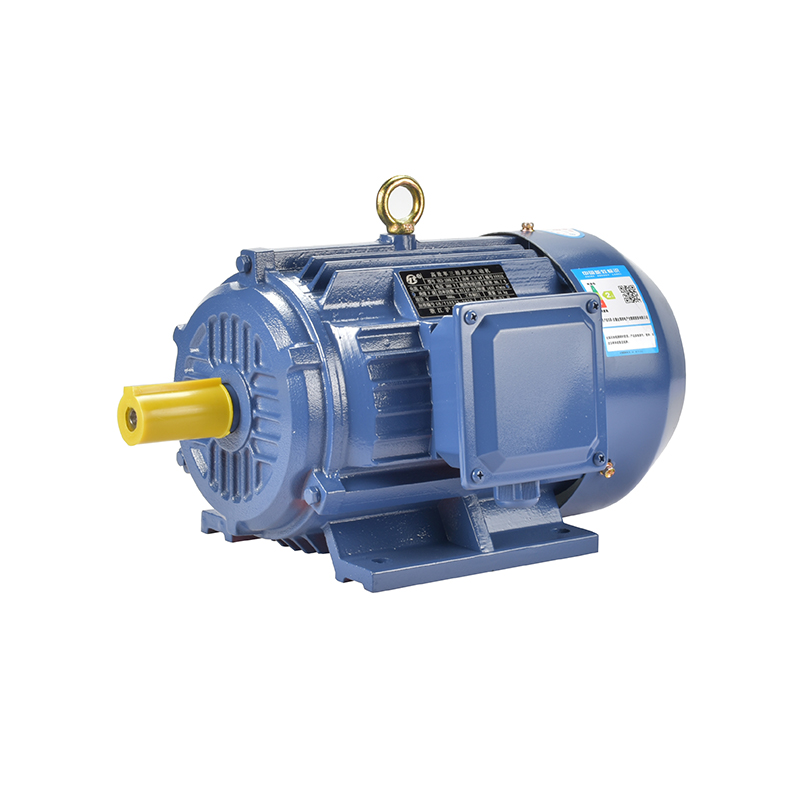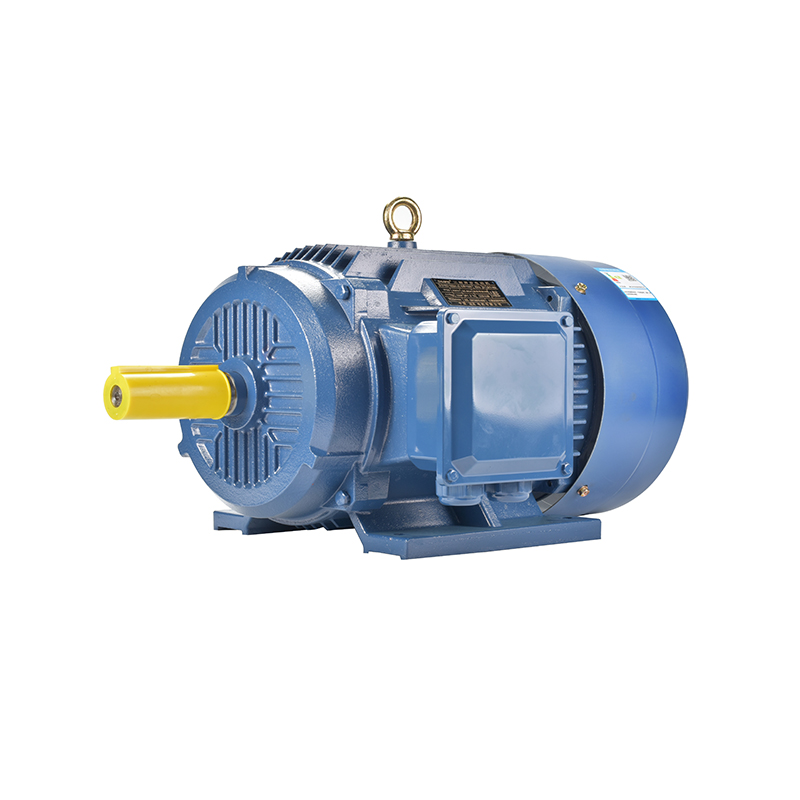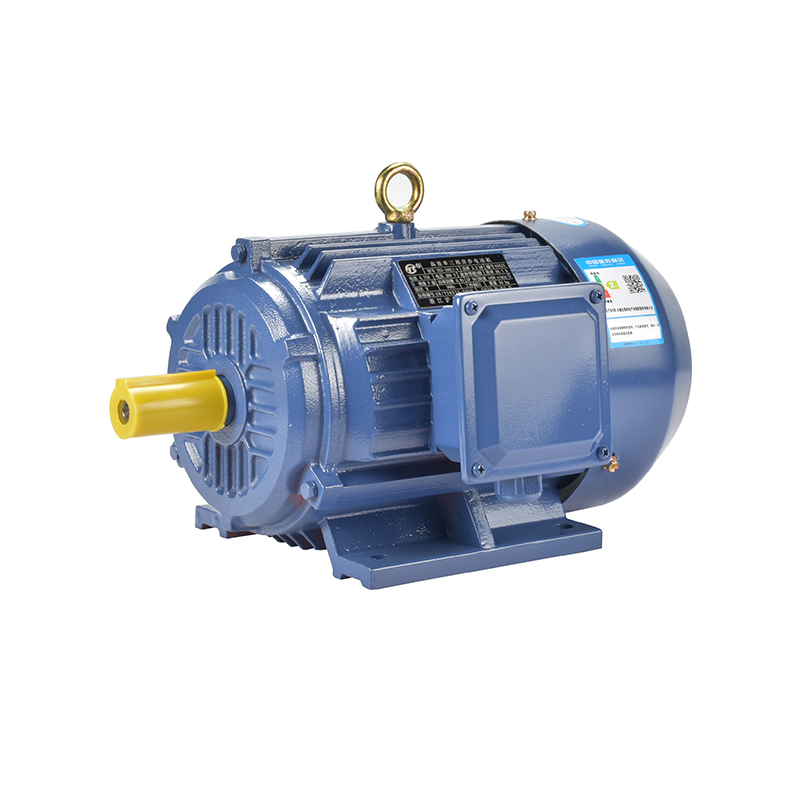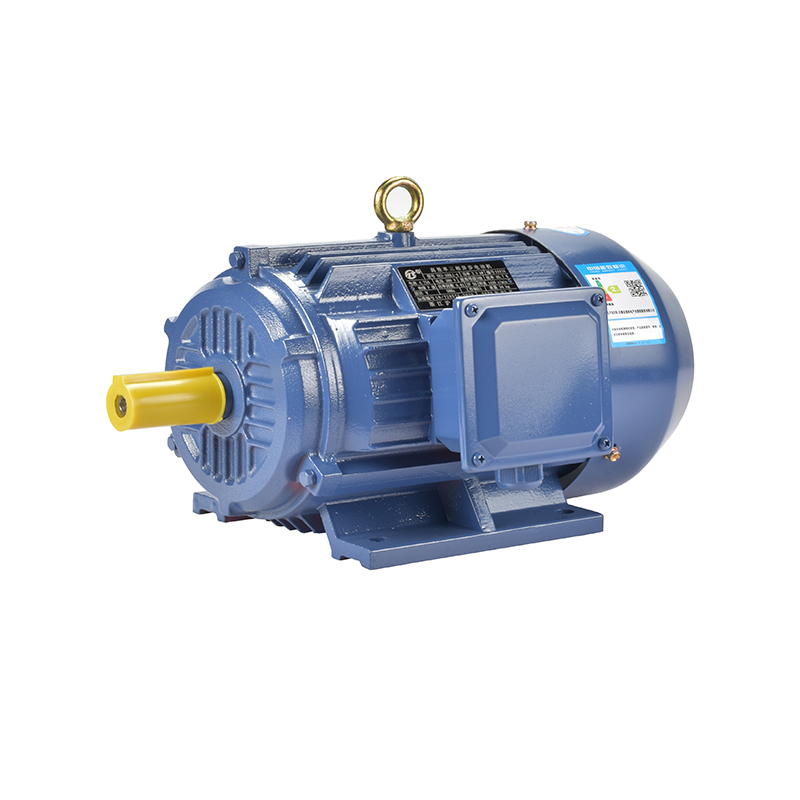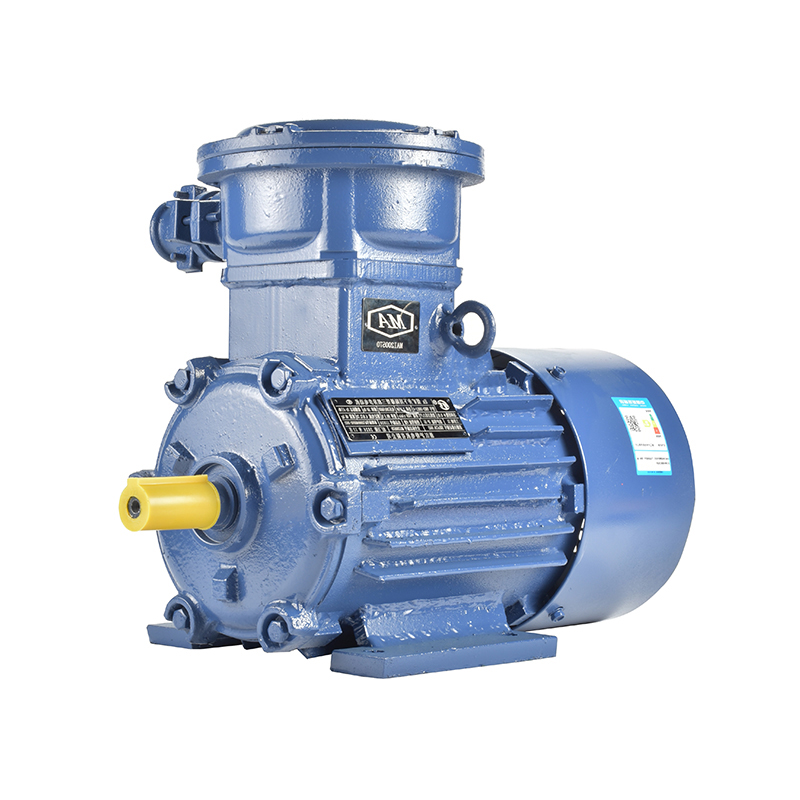Beyond Rare Earths: How Aluminum Shell Motors Offer a Sustainable Path for Industrial Electrification?
These days, more industries are switching to electric machines to cut carbon emissions—but there’s a critical challenge: many high-performance motors depend on rare earth elements. These materials face dual constraints: limited geographic supply (concentrated in just a handful of regions), environmentally destructive mining processes, and poor recyclability. That’s where Aluminum Shell Motors emerge as a game-changer. By eliminating rare earths, leveraging highly recyclable aluminum, and maintaining reliable performance, they have become a strategic choice for factories seeking to align sustainability goals with uninterrupted operations.
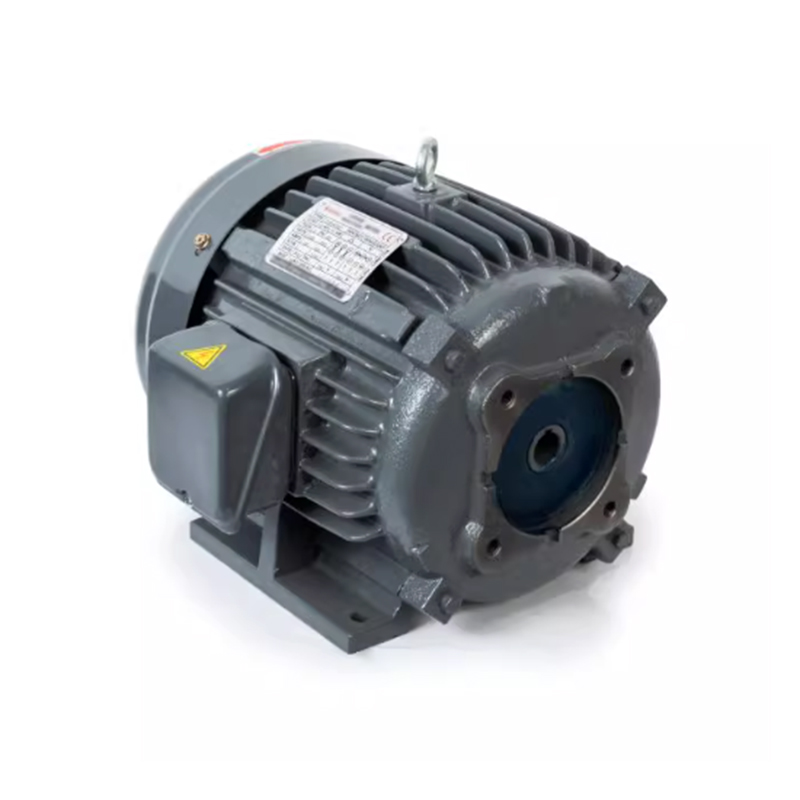
The Rare Earth Dilemma and Material Innovation
Rare earth elements pose persistent pain points for industrial supply chains: their availability is vulnerable to geopolitical shifts, and mining activities often lead to soil degradation and water pollution. Traditional high-performance motors rely on these elements to achieve core functionality, but Aluminum Shell Motors break this dependency by adopting common, circular materials—primarily aluminum and steel. Unlike rare earths, which require complex, energy-intensive extraction and purification, aluminum is widely available globally, with processing routes that generate far lower carbon emissions. This accessibility not only simplifies supply chain management for manufacturers of all sizes but also reduces the geopolitical risks associated with relying on regionally concentrated materials. Additionally, aluminum’s high malleability allows for more precise manufacturing of motor shells, ensuring a tighter fit with internal components and further enhancing overall motor reliability. This substitution not only stabilizes supply chains (avoiding disruptions from rare earth shortages) but also boosts environmental performance: aluminum’s closed-loop recyclability means old motor shells can be repurposed into new components, significantly reducing industrial waste. For manufacturers prioritizing both ecological responsibility and supply chain resilience, this material innovation addresses two critical pain points in one solution.
Energy Efficiency: Meeting Global Standards
Aluminum Shell Motors stand out not only for their sustainability but also for their exceptional energy efficiency. They comply with stringent international efficiency benchmarks, such as IE4 and IE5, and deliver substantially lower energy loss compared to conventional motors. For industrial operators, this efficiency translates to more than just lower utility bills—it also reduces strain on local power grids during peak production hours, minimizing the risk of downtime from energy shortages. As global energy policies increasingly penalize high-carbon consumption, motors that meet IE4/IE5 standards also help factories avoid regulatory fines, strengthening their long-term competitiveness. The key to this efficiency lies in their aluminum housing: aluminum’s superior thermal conductivity enables efficient heat dissipation, preventing overheating without the need for additional cooling systems. This is particularly impactful given that motors account for a large share of industrial electricity consumption—enhanced efficiency directly translates to reduced energy costs and carbon footprints. For factories working toward net-zero targets, this performance advantage offers a practical, low-disruption way to cut emissions while maintaining production throughput.
Adaptability to Diverse Industrial Applications
A core strength of Aluminum Shell Motors is their versatility across a wide range of industrial scenarios. In food processing facilities, their aluminum shells resist corrosion from water and cleaning chemicals, ensuring reliable operation for conveyor belts and mixing equipment. For packaging lines, their modular design allows easy customization—components like mounting feet can be adjusted or removed to integrate seamlessly with existing machinery, eliminating the need for full equipment overhauls. In harsh environments such as mining operations, reinforced aluminum variants withstand dust, moisture, and mechanical stress, maintaining performance in conditions that would degrade traditional motors. Even in sectors like wastewater treatment, the material’s resistance to corrosive fluids extends motor lifespan, reducing maintenance frequency. For automotive assembly plants, the motors’ lightweight aluminum construction supports faster movement of mechanical arms, while their modularity simplifies repairs (only faulty components need replacement, not the entire unit). Across industries, this adaptability ensures Aluminum Shell Motors can meet diverse operational needs without compromising on sustainability or performance.
-
Feedback



 English
English русский
русский Español
Español عربى
عربى

